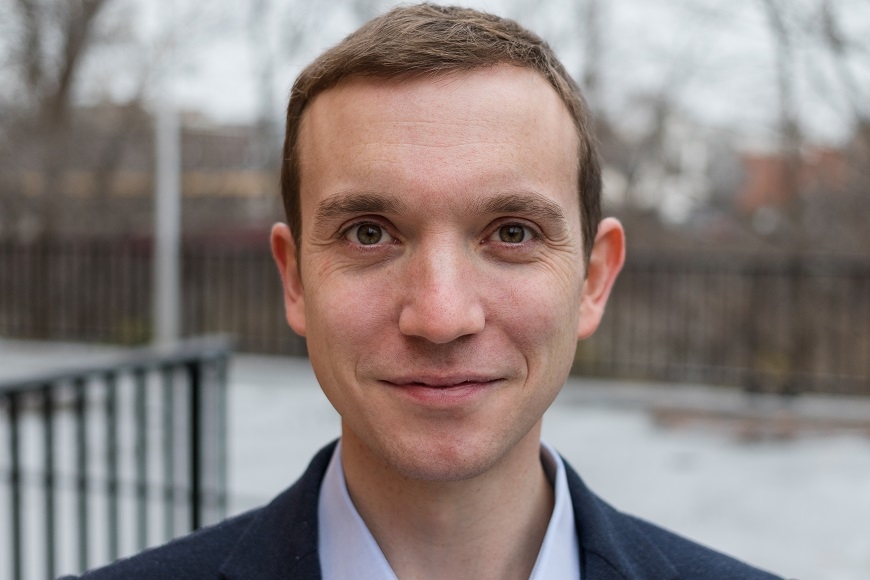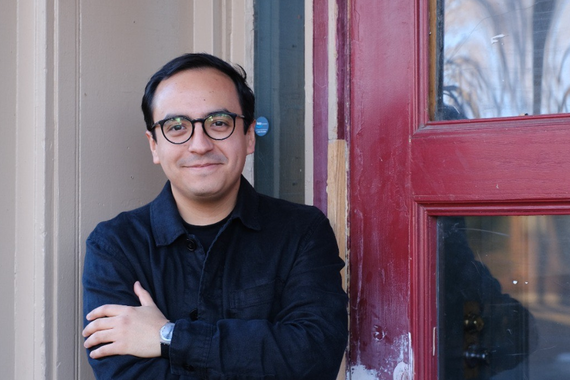Nuclear Weapons and State Behavior
How would you summarize your research project?
The book Nuclear Reactions: How Nuclear-Armed States Behave, Cornell University Press, 2021 tries to figure out how countries behave when they acquire nuclear weapons. For example, do they become more aggressive, or expand their interests in international politics? Do they become more peaceful because they feel more secure? The book explains why different countries have behaved in very different ways when they acquired nuclear weapons.
How did you become interested in your research topic?
It seemed to me that debates about other countries acquiring nuclear weapons are often quite simplistic. US policymakers often worry, for example, that Iran might be "emboldened" if they acquired nuclear weapons. But what does that really mean? What are the set of things that nuclear weapons allow states to do, and why do certain states use nuclear weapons to achieve certain things, while other states try to use nuclear weapons to achieve other things? Those questions really provided the intellectual origins for the project.
How does your work reflect problems facing our society?
We often think of nuclear weapons as being a relic of the Cold War. I think—perhaps unfortunately— that that isn't the case. Nuclear weapons are as important to international politics as they have always been. As a result, and because of the massive destructive power that these weapons have, understanding them and the effects they have on international politics is as important as it's ever been.
Were there any outcomes from the project that were surprising?
I think there are two somewhat surprising conclusions that differ from the conventional wisdom. First, nuclear weapons aren't just useful for deterrence. States use nuclear weapons in support of a much broader range of political goals.
Second, nuclear weapons aren't particularly special or different from other sources of military power in terms of the effects they have. States use nuclear weapons to try and achieve the things they cared about before they acquired nuclear weapons. So nuclear weapons don't transform the preferences or goals that states have.
Did others collaborate with you on the project?
Although my name is the only one on the cover of the book (and I'm the only one responsible for any mistakes in it), a huge number of people helped with the project along the way—whether reading drafts, providing feedback, providing funding or institutional and administrative support, or helping in any number of other ways. The project would never have been completed without all of those people.
What funding did you receive that helped your project?
A range of organizations helped fund various aspects of the research, including the MIT Department of Political Science, Security Studies Program, and Center for International Studies; the Harvard Kennedy School's Belfer Center for Science and International Affairs; the Smith Richardson Foundation; and the UMN Department of Political Science. And the book is open access and available to download for free thanks to a generous grant from the University of Minnesota Libraries and College of Liberal Arts.
How does your research connect to your teaching?
It's always exciting to teach about subjects connected to those I research. I was lucky enough to receive a grant from the Smith Richardson Foundation to develop a new course here at UMN on the politics of nuclear weapons (POL 4891), which I teach most years and which allows me to connect these [the research and teaching] directly and engage with students on these incredibly important issues.



